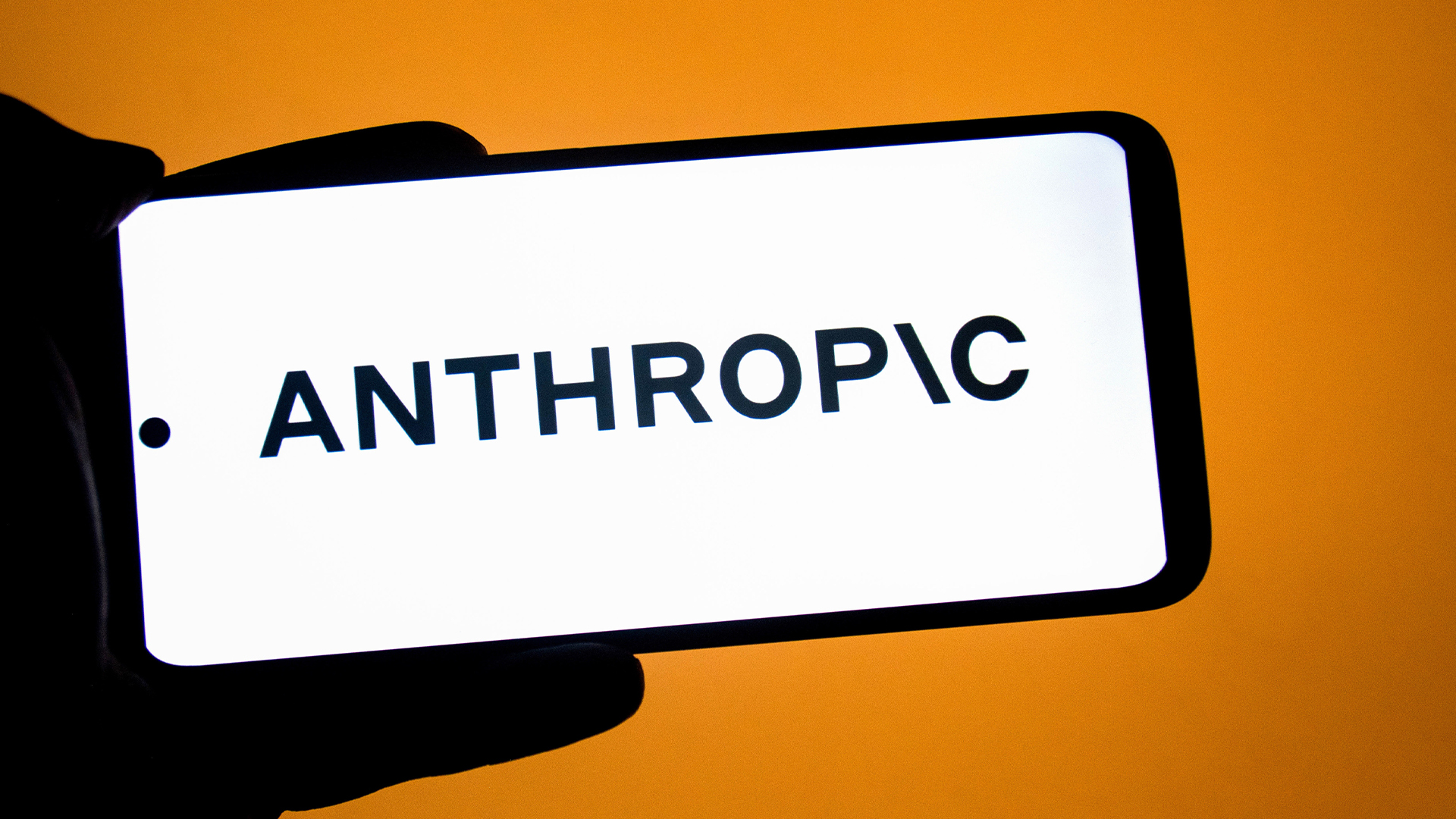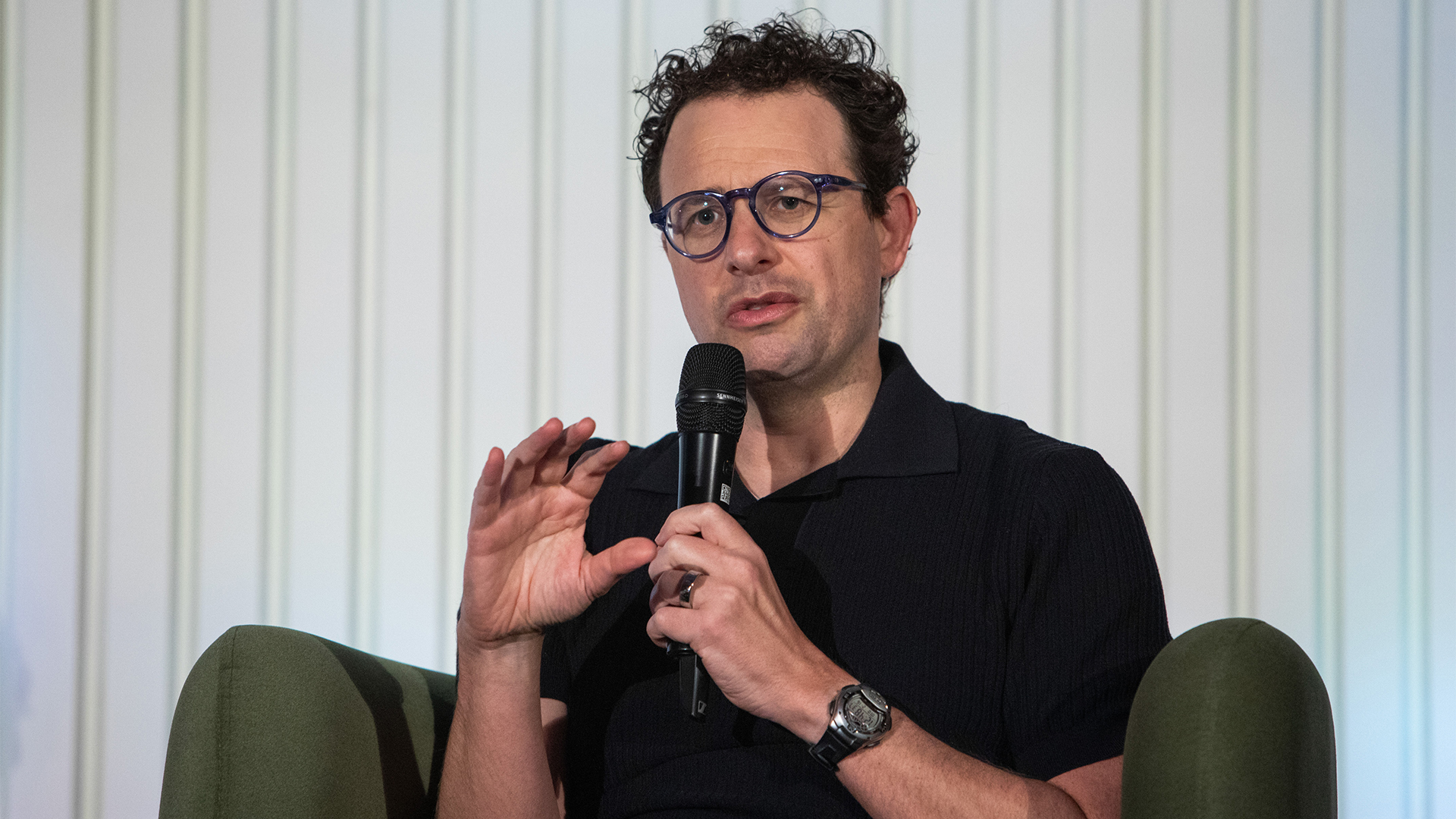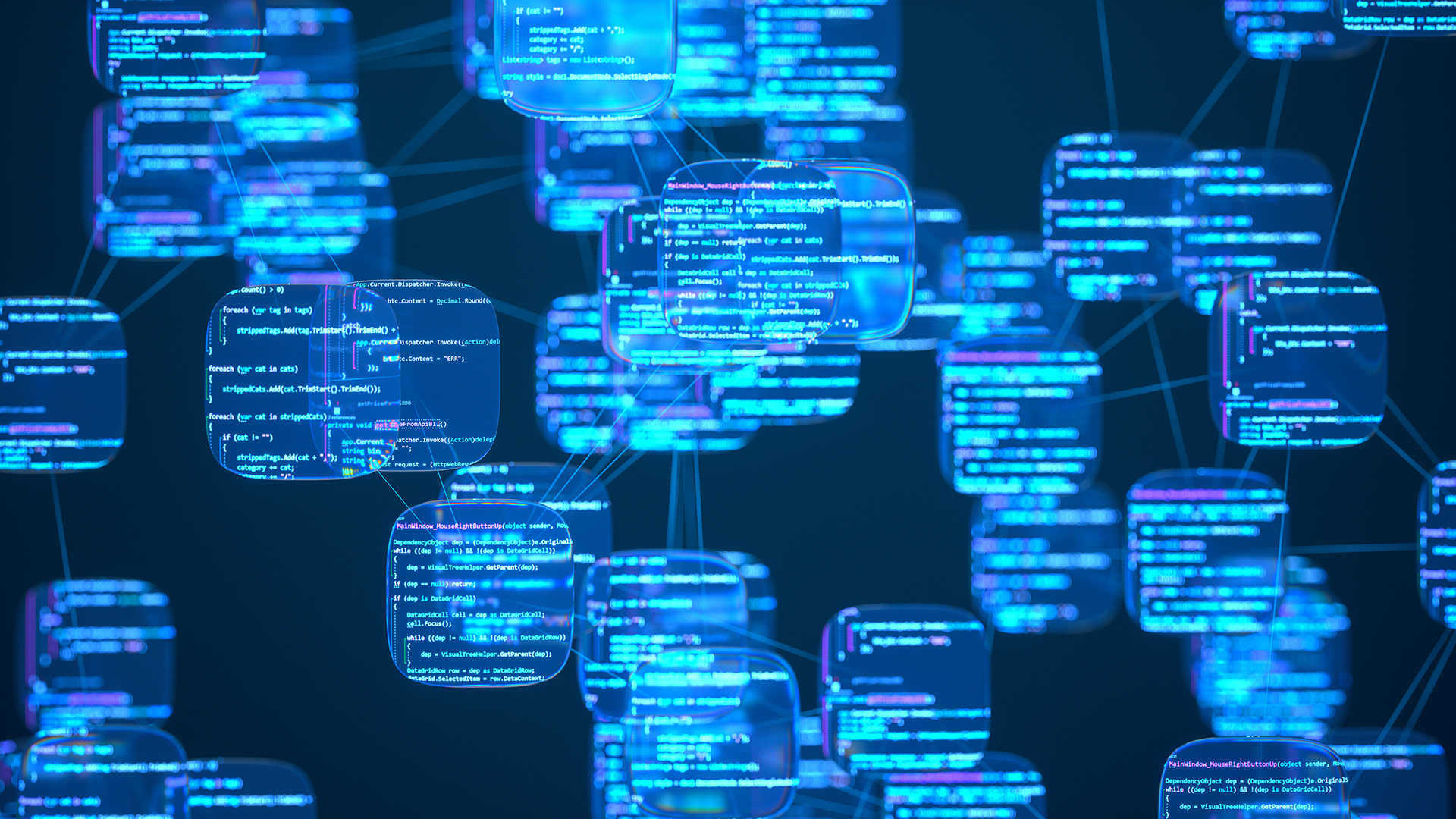Anthropic’s new AI model could be a game changer for developers: Claude Opus 4 ‘pushes the boundaries in coding’, dramatically outperforms OpenAI’s GPT-4.1, and can code independently for seven hours
The AI startup’s latest model is fine-tuned for software developers


Sign up today and you will receive a free copy of our Future Focus 2025 report - the leading guidance on AI, cybersecurity and other IT challenges as per 700+ senior executives
You are now subscribed
Your newsletter sign-up was successful
Anthropic has launched its next generation of Claude models, and one in particular stands out as a developer’s dream.
Claude Opus 4, unveiled alongside Claude Sonnet 4, sets “new standards for coding”, according to the startup, and marks its most powerful model launch yet.
Opus 4 is designed specifically for software developers and engineers and “excels at coding and complex problem-solving” tasks.
The company claims the model achieved a 72.5% score on SWE-bench, which is used to benchmark software engineering tasks. Notably, this means the model dramatically outperforms OpenAI’s GPT-4.1, which scored 54.6% on the same testing.
When OpenAI announced the launch of GPT-4.1, it targeted the model at software developers - an area which the company has focused on in recent months.
Admittedly, this model did mark a sizable improvement compared to GPT-4o, which scored 21.4% when it launched. Regardless, Anthropic appears to have once again blown it out the water.
“These models advance our customers' AI strategies across the board: Opus 4 pushes boundaries in coding, research, writing, and scientific discovery, while Sonnet 4 brings frontier performance to everyday use cases as an instant upgrade from Sonnet 3.7,” the firm said in a blog post announcing the launch.
Sign up today and you will receive a free copy of our Future Focus 2025 report - the leading guidance on AI, cybersecurity and other IT challenges as per 700+ senior executives
Elsewhere, Claude Opus 4 significantly outperforms previous models on memory capabilities, according to Anthropic. The firm said that when developers building applications provide Claude access to local files, the model “becomes skilled” at creating and maintaining memory files.
This allows the model to store key information more efficiently, thereby improving long-term task awareness, performance, and coherence.
Claude Opus 4 has serious stamina
According to Anthropic, the Opus 4 model boasts a combination of performance and stamina, so to speak.
During testing at Rakuten, the model contended with a “demanding” open source refactoring exercise while running independently for seven hours. Notably, Anthropic said it did so with “sustained performance”.
This marks a step change in performance and longevity, and suggests developers harnessing Opus 4 can do so across the length of their working day, rather than in sporadic bursts of activity.
“Cognition notes Opus 4 excels at solving complex challenges that other models can't, successfully handling critical actions that previous models have missed,” Anthropic said in its blog post.
How to access the new models
Anthropic described Opus 4 and Sonnet 4 as “hybrid models” which offer two distinct modes. These include “near-instant responses and extended thinking for deeper reasoning”.
The Pro, Max, Team, and Enterprise Claude plans will include both models and extended thinking capabilities. Notably, Sonnet 4 will also be available for free users.
Pricing for Opus 4 starts at $15/$75 per million tokens (input/output) and Sonnet 4 at $3/$15.
Both will be made available via the Anthropic API, or through Amazon Bedrock and Google Cloud’s Vertex AI service.
MORE FROM ITPRO
- Anthropic ramps up European expansion with fresh hiring spree
- There's no single route to AI adoption, and Anthropic is charting all available paths
- Databricks and Anthropic are teaming up on agentic AI development

Ross Kelly is ITPro's News & Analysis Editor, responsible for leading the brand's news output and in-depth reporting on the latest stories from across the business technology landscape. Ross was previously a Staff Writer, during which time he developed a keen interest in cyber security, business leadership, and emerging technologies.
He graduated from Edinburgh Napier University in 2016 with a BA (Hons) in Journalism, and joined ITPro in 2022 after four years working in technology conference research.
For news pitches, you can contact Ross at ross.kelly@futurenet.com, or on Twitter and LinkedIn.
-
 Cyber experts issue warning over new phishing kit that proxies real login pages
Cyber experts issue warning over new phishing kit that proxies real login pagesNews The Starkiller package offers monthly framework updates and documentation, meaning no technical ability is needed
-
 Microsoft hails advances in glass data storage
Microsoft hails advances in glass data storageNews Project Silica uses lasers to encode data into borosilicate glass, where it stays stable for thousands of years
-
 ‘AI is making us able to develop software at the speed of light’: Mistral CEO Arthur Mensch thinks 50% of SaaS solutions could be supplanted by AI
‘AI is making us able to develop software at the speed of light’: Mistral CEO Arthur Mensch thinks 50% of SaaS solutions could be supplanted by AINews Mensch’s comments come amidst rising concerns about the impact of AI on traditional software
-
 Claude Code creator Boris Cherny says software engineers are 'more important than ever’ as AI transforms the profession – but Anthropic CEO Dario Amodei still thinks full automation is coming
Claude Code creator Boris Cherny says software engineers are 'more important than ever’ as AI transforms the profession – but Anthropic CEO Dario Amodei still thinks full automation is comingNews There’s still plenty of room for software engineers in the age of AI, at least for now
-
 Anthropic Labs chief Mike Krieger claims Claude is essentially writing itself – and it validates a bold prediction by CEO Dario Amodei
Anthropic Labs chief Mike Krieger claims Claude is essentially writing itself – and it validates a bold prediction by CEO Dario AmodeiNews Internal teams at Anthropic are supercharging production and shoring up code security with Claude, claims executive
-
 AI-generated code is fast becoming the biggest enterprise security risk as teams struggle with the ‘illusion of correctness’
AI-generated code is fast becoming the biggest enterprise security risk as teams struggle with the ‘illusion of correctness’News Security teams are scrambling to catch AI-generated flaws that appear correct before disaster strikes
-
 ‘Not a shortcut to competence’: Anthropic researchers say AI tools are improving developer productivity – but the technology could ‘inhibit skills formation’
‘Not a shortcut to competence’: Anthropic researchers say AI tools are improving developer productivity – but the technology could ‘inhibit skills formation’News A research paper from Anthropic suggests we need to be careful deploying AI to avoid losing critical skills
-
 A torrent of AI slop submissions forced an open source project to scrap its bug bounty program – maintainer claims they’re removing the “incentive for people to submit crap”
A torrent of AI slop submissions forced an open source project to scrap its bug bounty program – maintainer claims they’re removing the “incentive for people to submit crap”News Curl isn’t the only open source project inundated with AI slop submissions
-
 ‘This is a platform shift’: Jensen Huang says the traditional computing stack will never look the same because of AI – ChatGPT and Claude will forge a new generation of applications
‘This is a platform shift’: Jensen Huang says the traditional computing stack will never look the same because of AI – ChatGPT and Claude will forge a new generation of applicationsNews The Nvidia chief says new applications will be built “on top of ChatGPT” as the technology redefines software
-
 So much for ‘trust but verify’: Nearly half of software developers don’t check AI-generated code – and 38% say it's because it takes longer than reviewing code produced by colleagues
So much for ‘trust but verify’: Nearly half of software developers don’t check AI-generated code – and 38% say it's because it takes longer than reviewing code produced by colleaguesNews A concerning number of developers are failing to check AI-generated code, exposing enterprises to huge security threats